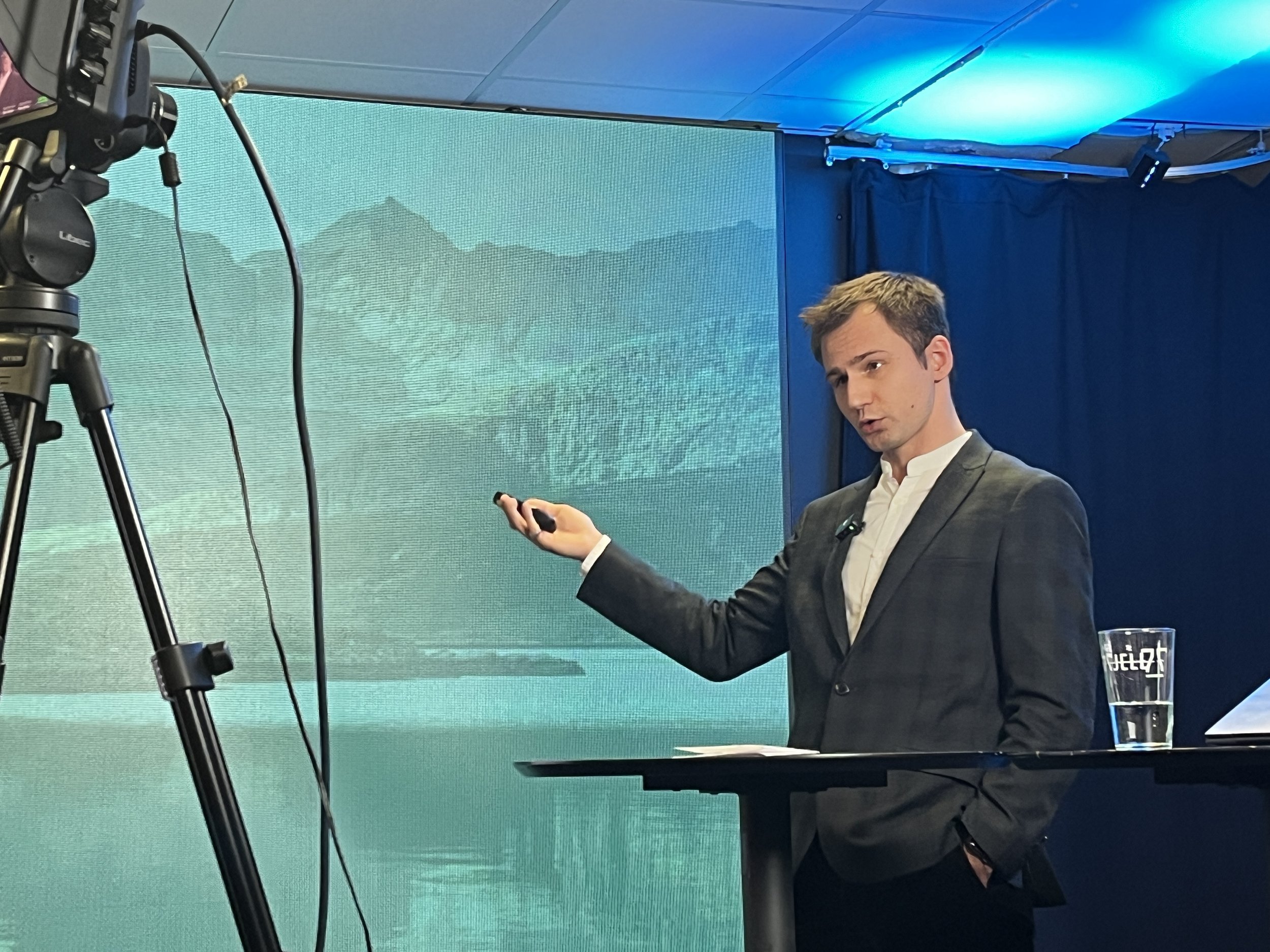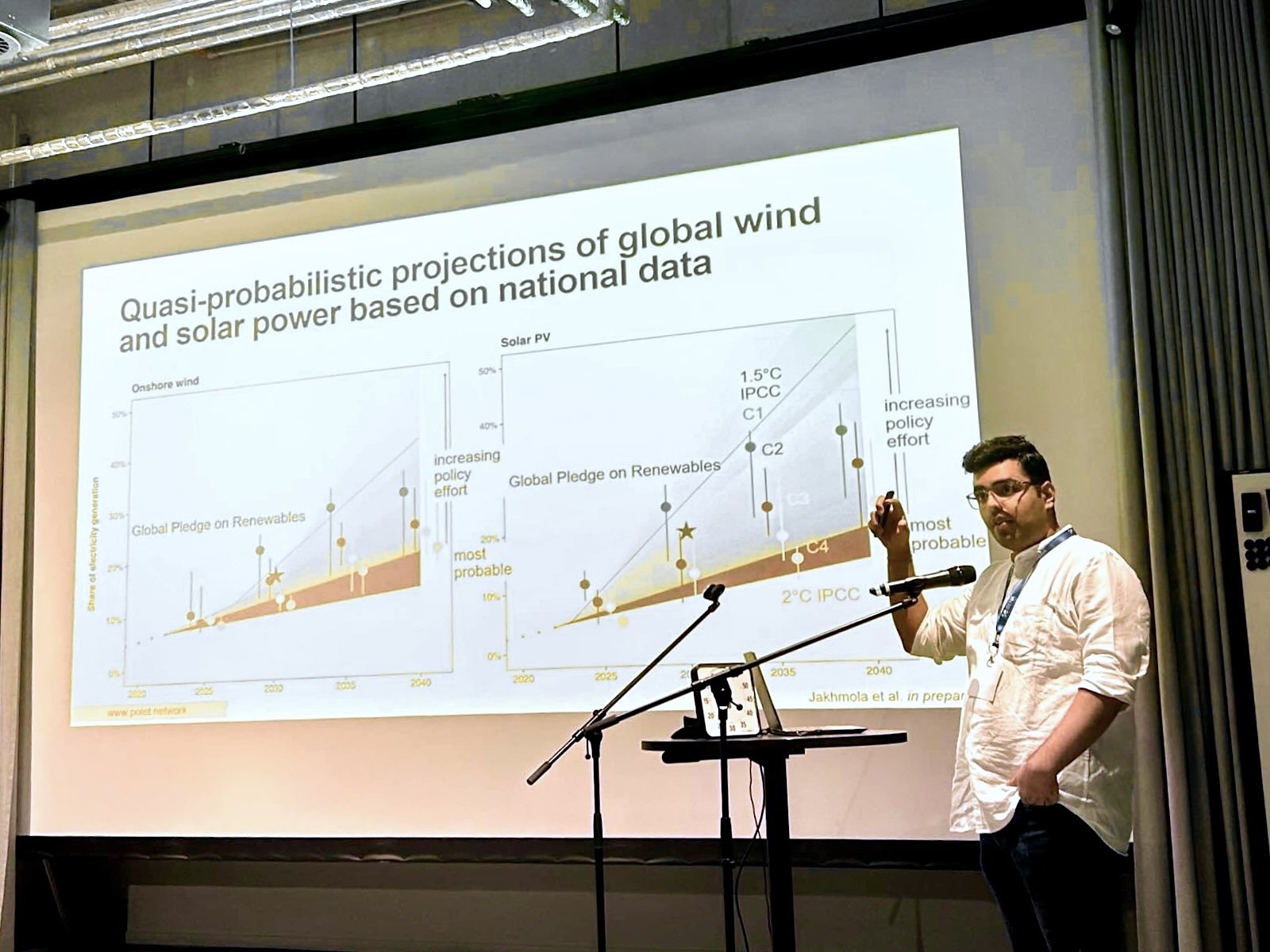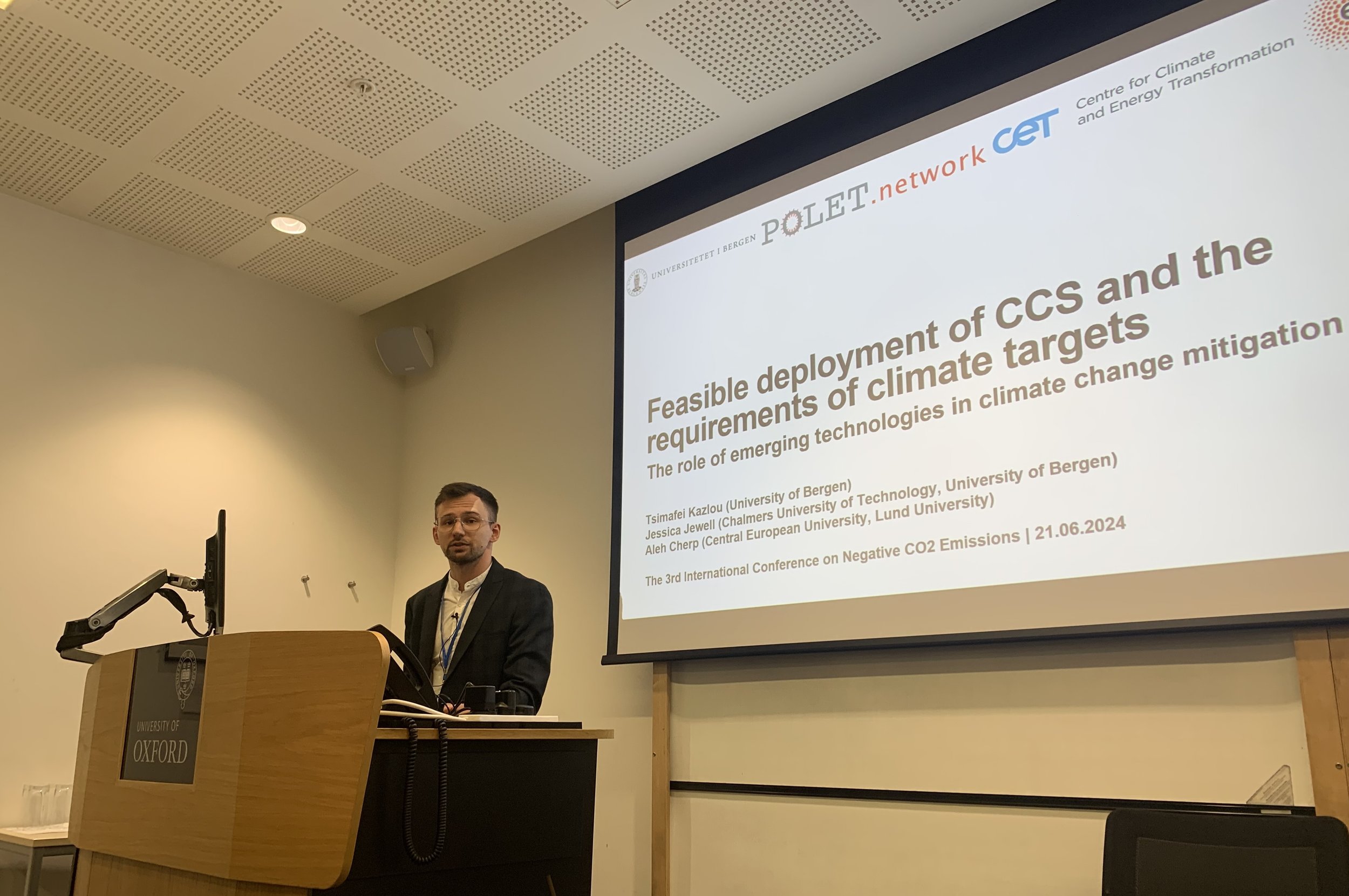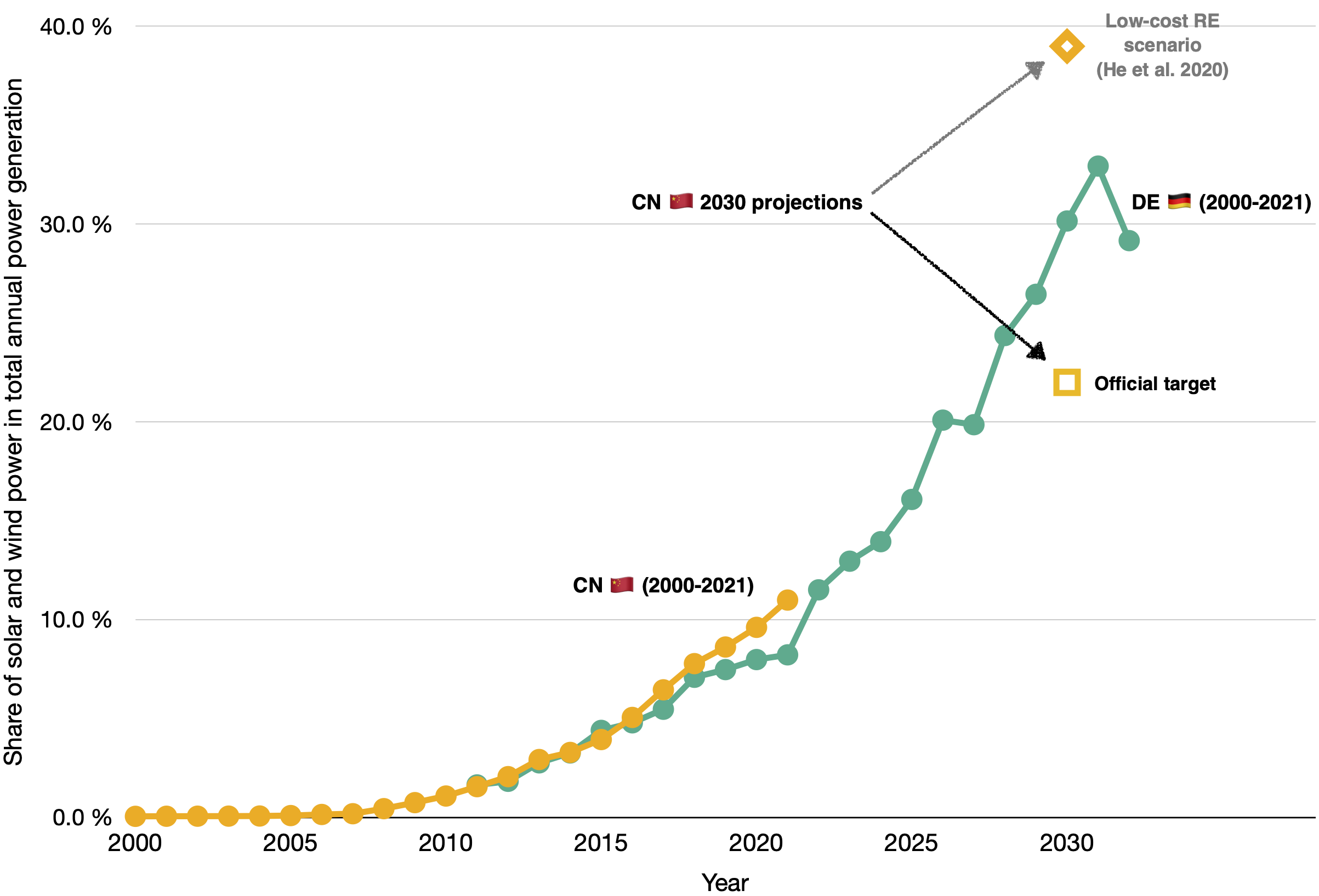MISTRA Electric
MISTRA Electric aims to identify feasible pathways to low-carbon electrification of industry, heating and transport in Sweden in order to achieve the national net-zero emissions vision by 2045.
The project is funded by Sweden’s Foundation for Strategic Environmental Research (MISTRA) and continues from May 1, 2021 until April 30, 2025. Chalmers University of Technology (Jessica Jewell) and Lund University (Aleh Cherp) jointly co-lead Work-package 3 on non-technical feasibility of low-carbon energy transitions.
MISTRA Electric Work Package on non-technical feasibility is co-led by Aleh Cherp and Jessica Jewell.

Publications related to MISTRA Electric project
V. Vinichenko, J. Jewell, J. Jacobsson, A. Cherp. (2023). Historical diffusion of nuclear, wind and solar power in different national contexts: implications for climate mitigation pathways. Environmental Research Letters. Open Access. DOI: https://doi.org/10.1088/1748-9326/acf47a
V. Vinichenko, M. Vetier, J. Jewell, L. Nacke & A. Cherp. (2023). Phasing out coal for 2 °C target requires worldwide replication of most ambitious national plans despite security and fairness concerns. Environmental Research Letters. Open Access. DOI: https://doi.org/10.1088/1748-9326/acadf6
Commentary and news related to MISTRA Electric project
Tsimafei Kazlou shared POLET research on the feasibility of carbon capture and storage technologies to Norwegian policymakers and industry representatives
POLET team organised a workshop to discuss our future research agenda, and presented our research at the MESPOM Alumni Conference 2024 in Budapest, Hungary
Marta Vetier and Jessica Jewell shared POLET’s research advances with Swedish energy scientists, industrial actors and policy-makers at MISTRA Electrification meeting.
Avi Jakhmola presented a method for projecting global technology growth using evidence from national deployment at the International Energy Workshop 2024 in Bonn, Germany
Tsimafei Kazlou presented POLET research on the feasibility of carbon capture and storage technologies at the 3rd International Conference on Negative CO2 Emissions 2024 in Oxford, UK
POLET research group hosts session on accelerating energy transitions at What Works Climate Solutions Summit 2024 in Berlin
Renewable power capacity additions in China often attract widespread attention for their sheer magnitude. But how useful are these raw numbers without considering the size of the country? Using installed capacity per capita and renewables’ share of national electricity production as illustrative examples, I make a case for normalising data when making inter-country comparisons. In addition to offering richer insights into the pace and extent of energy transitions, such analyses allow for a more nuanced view of change, help contextualise progress and set more realistic expectations.
Two post-doc positions on the dynamics of energy transitions at Chalmers University. One focuses on the economics and speed of energy transitions and the other on the diffusion and growth of technologies and infrastructures. Selection ongoing, we start reviewing applications August 29th, 2022.
Last week, the EU announced a target to be free of Russian fossil fuels by 2030. As European countries face this goal, two questions arise: (1) Is it sufficiently ambitious and realistic? and (2) Will this support or compromise our climate objectives?
The IEA Net Zero 2050 Roadmap envisions adding 310 GW of onshore wind in 2030. This is the same as was added globally in the last five years. Has such a rate been ever achieved in any country?











Marta Vetier, Vadim Vinichenko, Jessica Jewell, Anastasia Pavlenko and Aleh Cherp (pre-print). Conceptualising and measuring acceleration of mature policy-driven technologies: the case of onshore wind power in Europe. POLET Working Paper series 2025-1